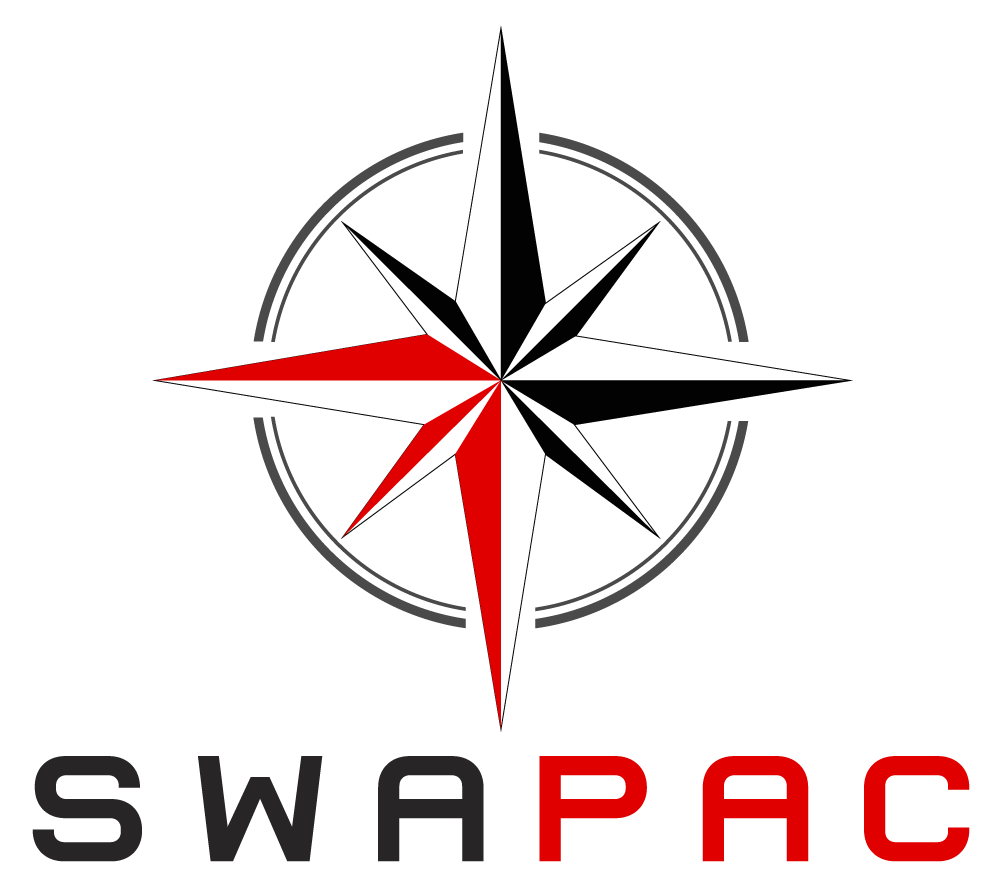
جمعة مباركة What a great touch to receive a ‘Letter of Appreciation’ from the WORLD ISLAMIC ECONOMIC FORUM FOUNDATION (WIEF) for participating in the: 14th WIEF Global Discourse on Cellular Agriculture (Webinar) Alongside my co-panelists Mohammad Naqib Hamdan, UTM and Yuki Hanyu, IntegriCulture moderated by Dato Dr Nor Shahidah Khairullah, 23 Century International Life Science Centre.
The session attracted participants from 15 different countries including Australia, Bangladesh, Bulgaria, India, Indonesia, Japan, Malaysia, Nigeria, Philippines, Singapore, South Africa, Sudan, Tunisia, United Arab Emirates and United Kingdom. The Halal Implications of Cellular Agriculture has garnered interest from attendees across different industries: agri-business, banking and finance, government, education, healthcare, hospitality and tourism, insurance, manufacturing and others.
Thank you to the team at WORLD ISLAMIC ECONOMIC FORUM FOUNDATION (WIEF) and Syed Hoesain Haikal Shahabuddin.
Watch the full recording here: https://www.facebook.com/watch/live/?extid=WA-UNK-UNK-UNK-AN_GK0T-GK1C&mibextid=2Rb1fB&ref=watch_permalink&v=3432405423643759
The World Resources Institute estimates that global demand for beef and meat could increase by 88% between 2010 and 2050, driven by a growing middle class and world population, which is expected to reach 10 billion by 2050. Due of raising concerns on human health, food security, environment as well as ethics, there is now an urgent need for methods of producing more environmentally friendly, nutritious, and considerate animal welfare.
One such method is the use of cellular agriculture. It is the production of animal sourced foods from cell culture using a combination of biotechnology, tissue engineering, molecular biology and synthetic biology to create and design new methods of producing proteins, fats and tissues that would otherwise come from traditional agriculture.
It has been reported that the global cellular agriculture market size was valued at USD 133.4 billion in 2021 and projected to reach USD 515.24 billion by 2030.
Presently companies and market players around the world are exploring a wide range of ways where cellular agriculture can be used to make a more sustainable food system. These would include the production of beef, fish, milk, collagen, gelatin, chocolate, coffee and many more.
The discussion will highlight:
- recent and anticipated future developments in the industry
- market opportunities for start-ups, SMEs and other stakeholders
- issues on sustainability, affordability and safety concerns
- investments required to achieve economies of scale
- is cellular agriculture a feasible solution for society?

Register Here: https://lnkd.in/gtkmkyYt
